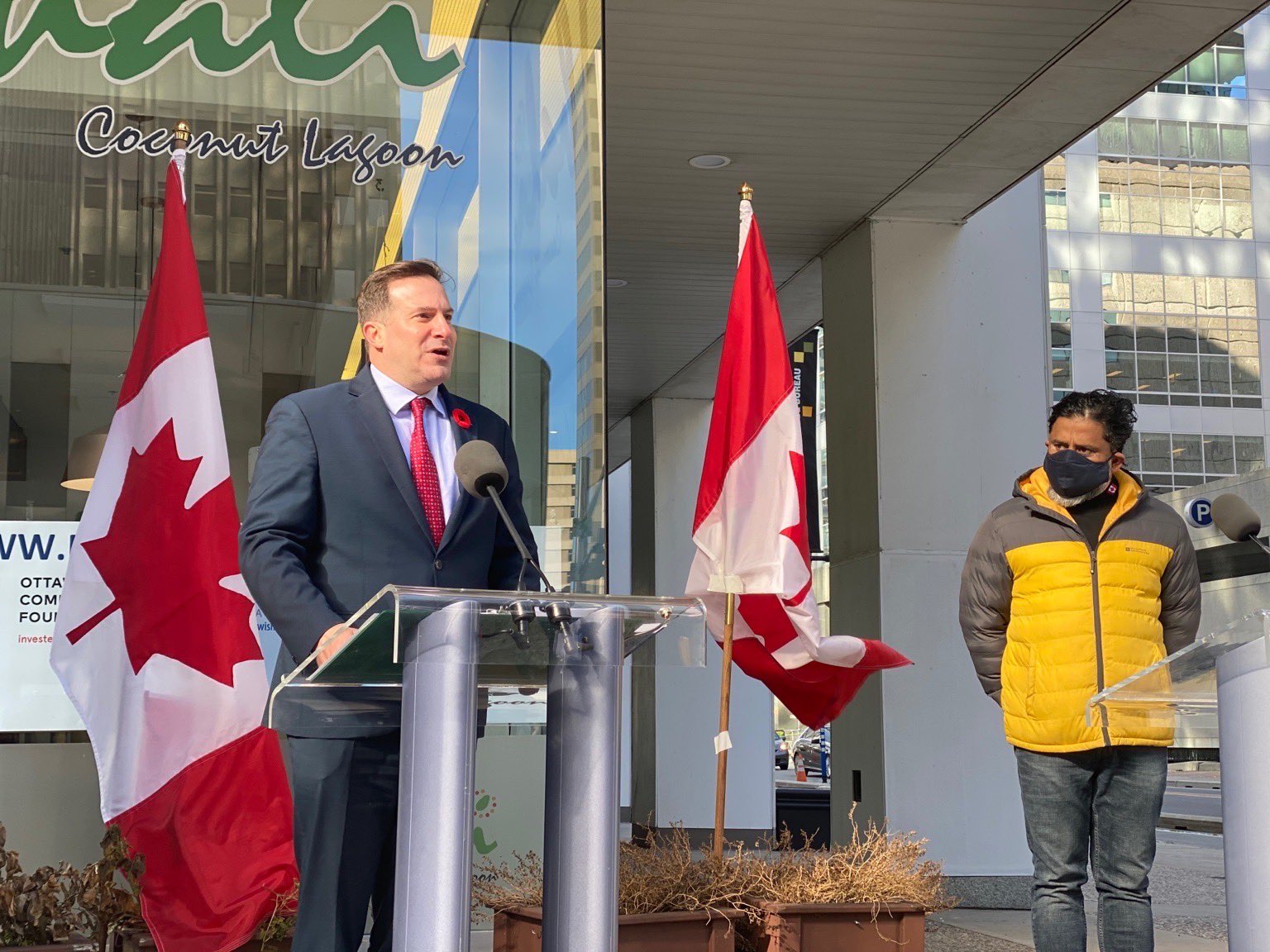The federal government announced Friday that it is dramatically increasing its immigration quotas for the next three years. The country could see more than a million newcomers arrive at Canadian ports of entry.
The immigration levels will increase to 401,000 in 2021, 411,000 by 2022 and 421,000 by 2023, as compared to the previous levels set at 351,000 by 2021 and 361,000 in 2022. If the quotas are met, Canada could welcome as many as 1.2 million foreigners in the next three years.
“Immigration is essential to getting us through the pandemic, but also to our short-term economic recovery and our long-term economic growth. Canadians have seen how newcomers are playing an outsized role in our hospitals and care homes, and helping us to keep food on the table,” said Immigration Minister Marco Mendicino in a released statement.
The new numbers are also part of the government’s plan for economic recovery post-COVID-19. “As we look to recovery, newcomers create jobs not just by giving our businesses the skills they need to thrive, but also by starting businesses themselves. Our plan will help to address some of our most acute labour shortages and to grow our population to keep Canada competitive on the world stage,” Mendicino’s statement added.
Immigration numbers to rise during uncertain times
About 60 percent of the new numbers will be under the economic class, that is people who come to Canada to work. Largely speaking, Canada favours the economic class, however, a major plank of the government of Justin Trudeau has also been the family class. The new plan “recognizes the importance of family reunification and Canada’s global commitment to protecting those most at risk through refugee resettlement,” the release reads.
The Friday announcement comes during a time of uncertainty over the course of the COVID-19 pandemic. Some scenarios predict the disease will be around beyond June 2021. The border was closed after the virus had arrived in Canada, slowing the rate of immigration over the course of the summer. It stands to reason that this could happen again.
Announced the same day as the quota increase was a $2.5 million funding towards a COVID-19 border study, which seeks to examine infection rates among international travellers. It is conducted in partnership between the federal Ministry of Health, the Ministry of Labour, McMaster HealthLabs, Air Canada and the Greater Toronto Airport Authority and it has been in place since September.
“At the beginning of this pandemic, we introduced strong measures at the borders to keep Canadians safe,” said Federal Minister of Health Patty Hajdu. “We’ve relied on data and evidence to respond to COVID-19, and as we gradually restart our economy, the findings of this study are vital to understand how best to protect the health of Canadians and the Canadian economy.”
The feds have repeatedly cited the need to bring more immigrants to Canada, the economy being one of the main reasons. The government recently published a study citing the success of the Express Entry program, introduced to respond to the country’s labour market needs.
As much as 75 percent of economic growth in Canada is attributed to immigrants. In 1971, Canada’s worker to retiree ratio was seven workers to one retiree. With the baby-boomer population beginning to retire, the government predicts that ratio will drop to two workers for every retiree, denoting a troubling trend towards a labour shortage.
Mansoor Tanweer is New Canadian Media’s Local Journalism Initiative reporter on immigration policy. An immigrant himself, he has covered municipal affairs and the Brampton City Council in addition to issues relating to newcomers over several years.





